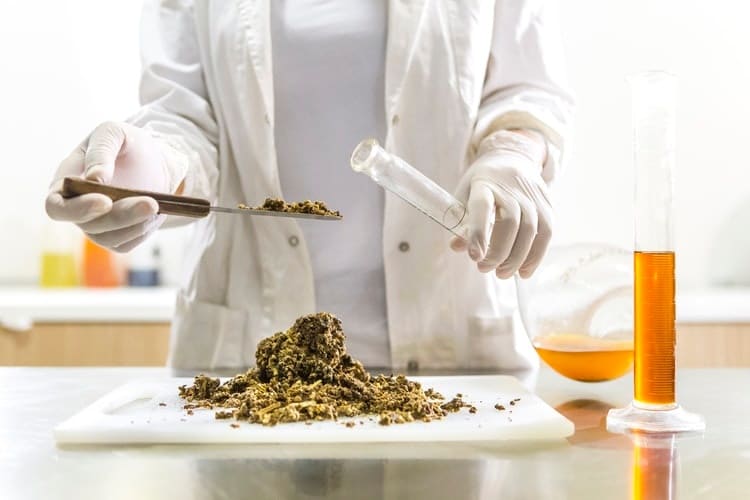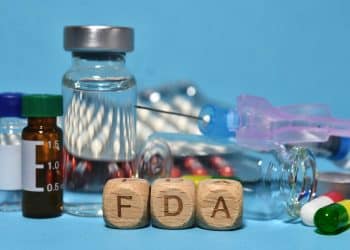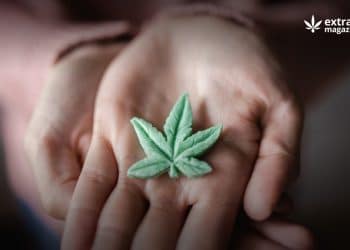With the 2018 legalization of hemp and cannabidiol (CBD), the market has been flooded with tinctures, edibles, and other cannabinoid concoctions. Concerning legal issues and consumer interests, most brands advertise their products as non-intoxicating and potentially (or vaguely) beneficial for therapeutic purposes.
However, being as this industry remains unregulated, one of the biggest issues it faces is a lack of accountability. The Food & Drug Administration (FDA) reports that a large sum of products currently on the market do not contain the cannabinoid levels advertised on the label. A 2017 study observed 84 CBD products that were purchasable within the United States and focused solely on the concentration of cannabinoids. [1] Less than one-third of products tested (~31%) had an accurate label concerning these concentrations. [1]
So, if this is the case, then what are we getting within our products?
Sometimes, it’s different variations of cannabinoids. For example, one product may have less CBD than labeled or more tetrahydrocannabinol (THC) than accounted for. However, these products may also be adulterated with other substances.
A 2020 report authored by Ben Orsburn of Coral Reef Labs not only discovered a trend toward inaccurate cannabinoid labeling but also found CBD products adulterated with other over-the-counter and other substances. [2] About half of the commercial CBD products investigated were contaminated or misrepresented. Adulterants included caffeine and melatonin as well as Erucamide (a surfactant) and polyethylene glycol. These latter chemicals could be linked to poor production/manufacturing. Although unable to verify due to lack of a control standard, the investigation also noted one sample with trace amounts of the fentanyl analogue fluorofentanyl (an opioid). [2]
If you’ve been around this industry, then you’re already aware that many CBD products out there are mixed with other ingredients to further their potential benefits. Caffeine and melatonin are among the two most popular. While the study noted that caffeine and melatonin are not generally dangerous to the average, healthy individual, there is concern in the non-labeling of such alterations. [2] Certain populations are more vulnerable to these alterations and, in turn, could be taking something potentially dangerous.
Not to mention, two of the products observed within the report were found to have “FDA-approved” markings on the label. [2] This is direct mislabeling as the FDA has not approved any cannabis-derived product for medicinal use with the exception of Epidiolex.
In order for this industry to gain more credibility, it’s vital CBD brands are 100% transparent with their customers. While many make an effort through third-party lab tests and information surrounding their manufacturing process, it’s way too easy for disreputable businesses to make a profit. Not only can these efforts be marginalized, but the bulk of misinformation surrounding the industry has left the market with a confused consumer base.
Photo by Bee Naturalles on Unsplash.
References
- Orsburn B. Non-targeted screening of commercial CBD products in the United States reveals common contamination and adulteration [preprint]. bioRxiv. 2020. doi:10.1101/2020.08.25.267302
- Bonn-Miller MO, Loflin MJE, Thomas BF, Marcu JP, Hyke T, Vandrey R. Labeling accuracy of cannabidiol extracts sold online. JAMA. 2017;318(17):1708-1709. doi:10.1001/jama.2017.11909. [Impact Factor: 45.540; Times Cited: 154 (SemanticScholar)]












